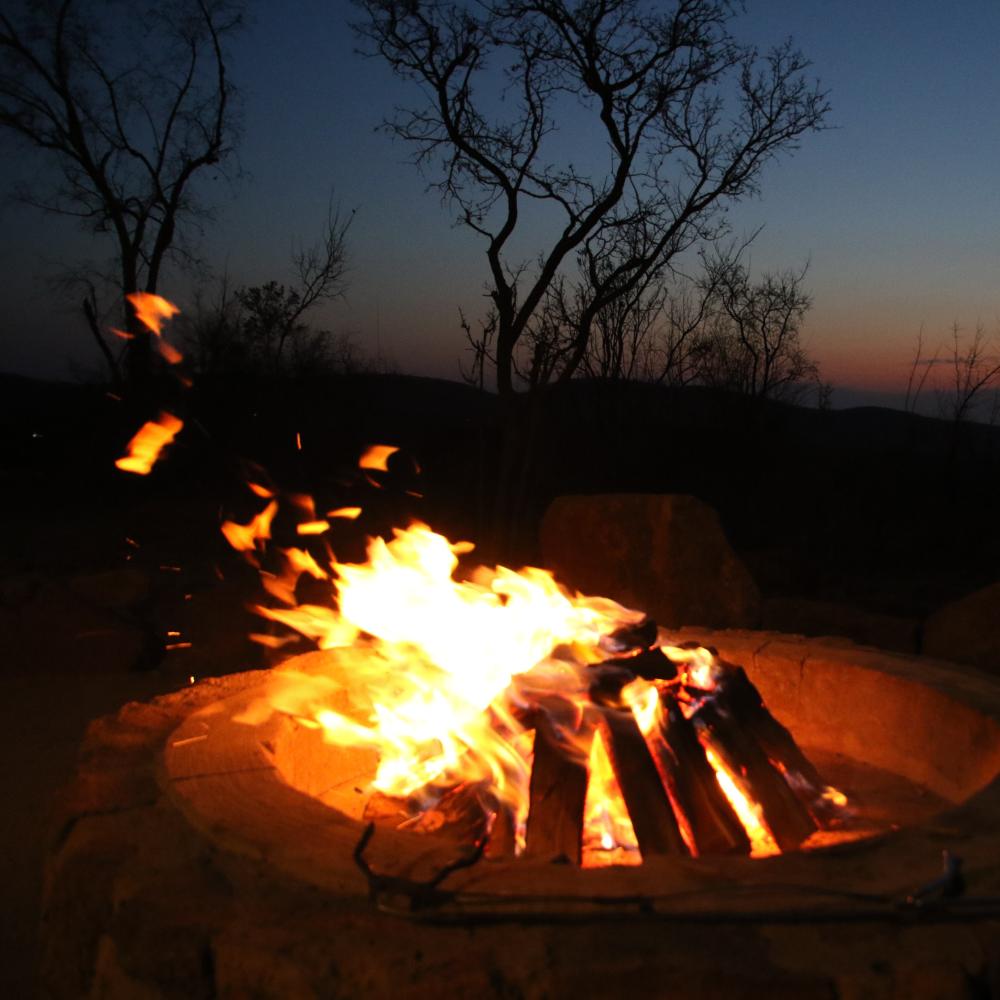
AWEI Fireside Chat - Conservation and Sustainable Use of Lions
Stellenbosch
South Africa
This fireside chat is the fifth in a series of five fireside chats organised by AWEI to explore the implications of a report and policy position published by the South African Department of Forestry, Fisheries, and the Environment (DEFF). The chats highlighted areas that may require further research and analysis for developing an inclusive and responsible wildlife economy in South Africa.
In May 2021, DEFF released a voluminous High-Level Panel Report with profound implications for the development of the wildlife economy in the country and, indeed, across the continent. Minister Barbara Creecy stated that “Besides providing specific interventions to resolve key issues in the sector, the report also provides for a re-conceptualised wildlife sector, that will provide a new deal for people and wildlife in South Africa.” In June, Minister Creecy then invited comments on a Draft Policy Position on conservation which aims to provide “a stable base for conservation, growth, and development.”
AWEI Fireside Chats |
Date |
Time |
|
Tue, 13 July |
15:00-16:00 |
|
|
Protected areas as drivers of local |
Thu, 15 July |
15:00-16:00 |
|
Developing a standard for responsible |
Tue, 20 July |
15:00-16:00 |
|
Leveraging the value of rhinos in South Africa |
Thu, 22 July |
15:00-16:00 |
|
Conservation and sustainable use of lions |
Tue, 27 July |
15:00-16:00 |
Principal Guests
- Ms Lulama Lorrain Matyolo, Deputy Secretary, National People and Parks Steering Committee
- Mr Michael ‘t Sas Rolfes, Doctoral researcher, University of Oxford
- Mr Brian Child, Professor, University of Florida
Opening Questions
- The Draft Policy Position proposes a “process for engagement of all stakeholders in the captive lion industry to mitigate the impacts of closing down the industry.” How might this process also be used to unpack and further understand the stated concerns about the industry?
These include the following:- threatens South Africa's reputation as a leader in the conservation of wildlife
- the housing of wild or captive-bred lions is perceived as the domestication of this iconic species
- associated political and economic risks including negative impacts on the broader photo-tourism market and hunting industry, and tourism to South Africa in general
- Many cultures in South Africa identify and are spiritually aligned with lions and the captive breeding of lions is culturally dispossessing of this value to communities
- does not represent ecologically sustainable use
- providing very little economic activity or jobs
- benefiting a few relative
to the other components of the sector major concerns over work conditions and safety of workers and tourists, and zoonotic risks including from COVID 19
- does not contribute meaningfully to transformation
- or to the conservation of wild lions
- trade in lion derivatives poses major risks to wild lion populations, and to stimulating illegal trade
- Rewilding of captive lions is not feasible from conservation principles
- captive breeding is currently not necessary for conservation purposes
- How could we explore and evaluate options for dealing with the current captive bred lion stock?
- How, in the context of ceasing captive breeding of lions, can we develop a long-term conservation strategy for the species?
HLP Goal 19 on Captive Lions (majority support)
South Africa does not captive breed lions, keep lions in captivity, or use captive lions or their derivatives commercially.
- Minister puts in place a process to halt and reverse the domestication of our iconic lions, through captive lion keeping, breeding, and commercial use, putting in place ethical and humane procedures for euthanasia of existing captive lions;
HLP Goal 20 on Captive-bred and Wild Ranched Lions (minority support)
Practice of commercial captive breeding and keeping lions in captivity is phased out, and the sustainable use of lions and their derivatives in South Africa is substantially reformed.
- A technical investigation… into the development of norms and standards associated with potential future hunting of wild managed and ‘ranched’ lions that are not habituated to humans…
HLP Goal 21 on Ranched and Working Lions (minority support)
Establish transparent governance processes that substantially reform the commercial management of lions in South Africa.
- Minister to establish a three-tier system for lion regulation including: Tier 1 Self-regulation…; Tier 2 Independent inspectorate; and Tier 3 Ultimate responsibility shall nonetheless remain with the Minister.
Draft Policy Position
- Policy Objective: Immediately halt domestication and exploitation of lion, and close captive lion facilities [for the reasons stated above]
- Expected Outcomes: Captive lion industry closed; Increase and expansion of extensive wildlife systems with free-roaming lions
Get updates by email
Through impactful research, stakeholder engagement, and professional development, AWEI is supporting the wildlife economy across Africa. Please subscribe for occasional updates on our work and forthcoming events.
Sign up for a quarterly dose of AWEI insights
In a complex and changing world, AWEI generates strategic ideas, conducts independent analysis on wildlife economies, and collaborates with global scholar-practitioners to provide training and expertise for biodiversity conservation, climate resilience, and inclusive economic opportunities in Africa.




